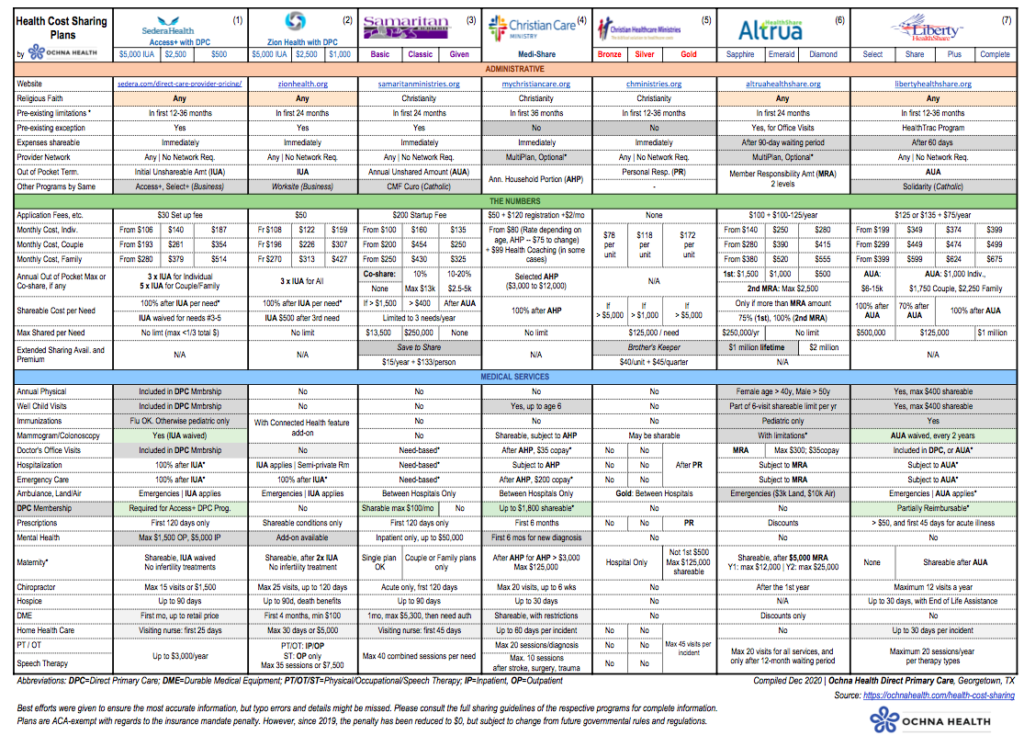- Employer -based health insurance plan – if you have the opportunity to chose a Higher deductible insurance option , this is preferable. Also, if your employer provides an HSA (Healthcare savings account) you can use these funds towards a Direct Primary Care membership. If you work for a small or medium-sized company, you might consider asking your employer to offer DPC as an option to employees.
- Healthcare Marketplace Insurance plan– You can go onto healthcare.gov to see if you might qualify for a subsidy provided by the government to purchase your health insurance. Open Enrollment is typically November- December or if you have a Qualifying Life Event such as change of job, marriage, or pregnancy. Try to find a High Deductible Option that has an affordable monthly premium.
https://www.healthcare.gov
- Short-Term Limited Duration policy– these are typically High deductible insurance policies. These policies are commonly used for people who might have changed jobs, do not qualify for a subsidy through the Healthcare Marketplace, young people who have recently been removed from their parent’s coverage , and people who have retired but are not yet eligible for Medicare.
Search for Short Term Limited Duration Policies https://www.ehealthinsurance.com/wisconsin-health-insurance/health-plans/short-term
- Healthshares – a health sharing program is a non-insurance option, almost a type of healthcare cooperative. These have been around for 20+ years and started out as Faith-based. There are now many options for healthshares- both Christian, and secular. Healthshares do not have to follow the same rules as insurance so please read the fine print.

- MEDICARE – Medicare patients can enjoy many benefits of Direct Primary Care. None of the services provided in our office are billed to Medicare and your Direct Primary Care membership is not covered by Medicare. We would reserve your Medicare for services like hospitalization, surgery, specialist visits etc. There are a variety of options to selecting a Medicare to Pair with DPC. Most patients decide to carry Part A and B. Many patients receive their prescriptions through DPC so they do not carry Part D. You can also carry Medicare Part C, Medi-gap, or Medicare Advantage plans in conjunction with a Direct Primary Care membership.
Disclaimer- Advocate MD is not an insurance, nor are we insurance brokers. We do not have any relationship with any of the above options listed. We are not attempting to give insurance advice but simply stating options that are available and would work well with our practice.
